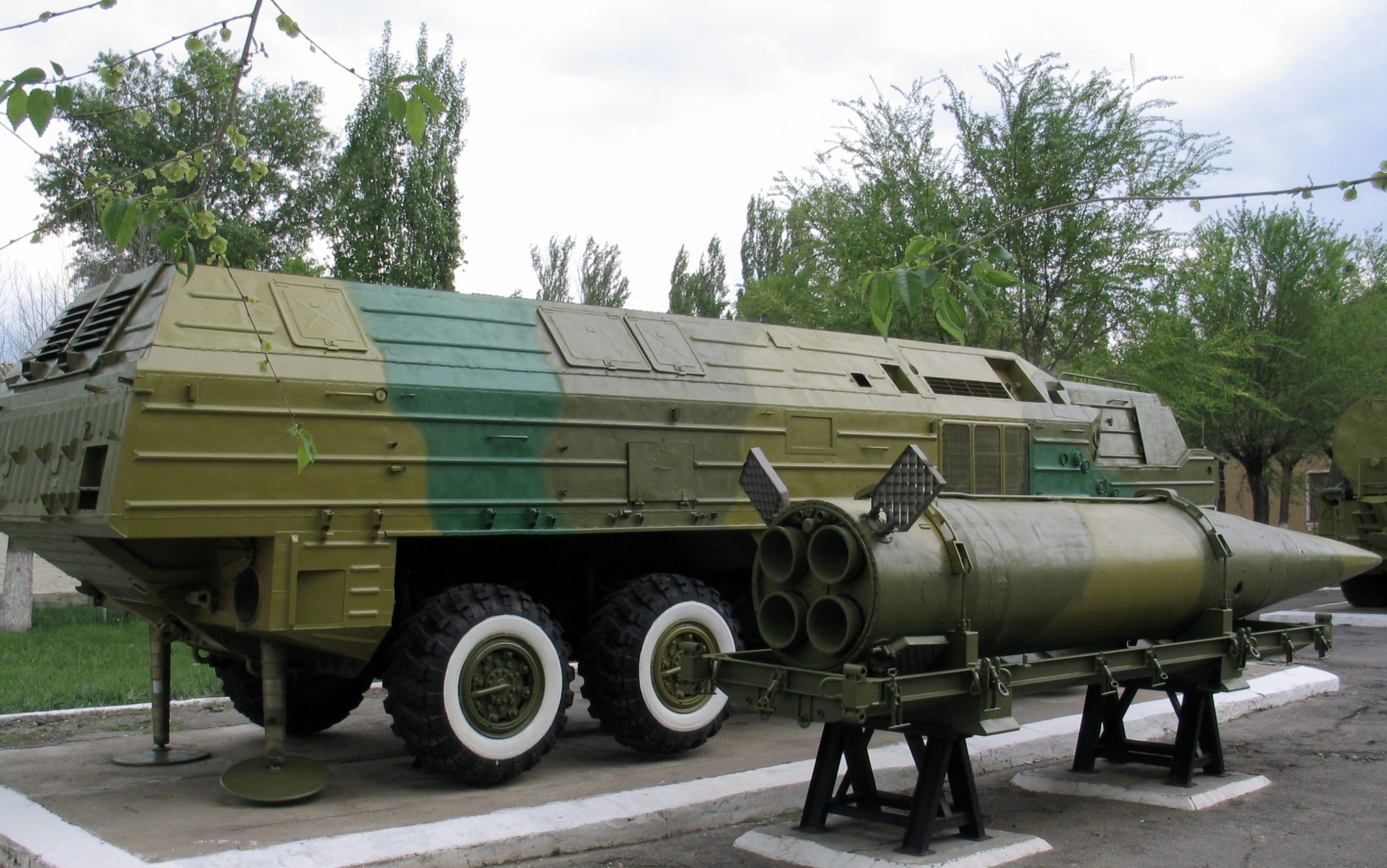A nation must think before it acts.
President Donald Trump has announced that his administration plans to withdraw the United States from the 1987 Intermediate-Range Nuclear Forces (INF) Treaty with Russia, which prohibits Washington and Moscow from testing and deploying all ground-based cruise and ballistic missiles with ranges between 500 and 5,500km. While the United States believes Russia to be in violation of the treaty through its deployment of the 9M729 cruise missile, U.S. withdrawal now will damage American diplomacy without delivering significant military advantages.
Diplomatically Damaging
As Steven Pifer of the Brookings Institution has argued, pulling out of the treaty will undermine U.S. efforts to bring Russia to account for its alleged violations, taking the pressure off Moscow to justify its behavior. It will also undermine NATO’s increasingly united and assertive position on the issue of Russian noncompliance. The United States has shared intelligence on Russia with its NATO Allies, leading to a shift in the Alliance’s stance toward Washington’s point of view. At a meeting of defense ministers in early October, NATO Secretary General Jens Stoltenberg stated that “the most plausible assessment” is that Russia is in violation of the treaty and demanded that Russia explain the 9M729. Withdrawal will undermine this carefully crafted NATO consensus on INF, putting Washington in the position of spoiler, removing Moscow from any obligation to account for its actions, while contributing to a split between the United States and NATO Allies that see the treaty as a cornerstone of European security.
Withdrawal from the INF Treaty is also likely to negatively impact the increasingly embattled U.S.-Russia arms control enterprise. The U.S.-Russia New START treaty, governing strategic offensive nuclear weapons, was concluded on the assumption that Washington and Moscow would refrain from deploying systems of intermediate range. Any change to the nuclear balance would destabilize the strategic calculations that underpin New START, potentially placing that treaty in jeopardy. INF abrogation will also raise further questions regarding the United States’ commitment to arms control in general, lending further weight to the sense that the 21st century will be an era of arms racing rather than negotiation.
Questionable Military Rationale
Nor does abrogating the INF Treaty make military sense. As John D. Maurer has recently argued, by limiting only ground-based intermediate-range missiles, at the time of its conclusion, the INF Treaty favored the United States, which enjoyed large technological advantages in air- and sea-based missiles. While Russia’s recent demonstration of new cruise missiles in Syria show that Moscow has caught up to some extent, the United States still deploys a far greater diversity of sea- and air-based missiles in larger numbers than Russia. This reflects geography. With far-flung alliances stretching across the globe, the United States is by its nature a maritime and air power, while Russia is primarily a land power. Making the most of this advantage, the U.S. could respond to Russian deployment of the 9M729 by moving more sea- and air-launched missiles to Europe without violating the INF Treaty.
After the U.S. withdraws, however, Russia will be free to take advantage of its geographical proximity to NATO Europe by rapidly expanding its deployments of INF noncompliant missiles. The United States will be left with few ground-based options. Development of a ground-based missile that could match new Russian systems has only just started. West European NATO states, fearing a reprise of the protests that accompanied U.S. INF deployments in the early 1980s, will be unlikely to allow deployment of such missiles on their soil. States such as Poland and Romania may be more amenable, but short flight times between these states and Russia would make these missiles highly vulnerable to a pre-emptive strike, increasing tensions to no clear military advantage. The U.S. has no good ground-launched missile basing options in Europe.
Some observers have pointed out that this Eurocentric argument misses the bigger picture: the downgrading of the INF Treaty’s importance reflects the United States’ increasing preoccupation with Asia. China, not a party to the treaty, has developed a suite of ground-based missiles that the United States cannot. Withdrawing from the agreement will allow the U.S. to match China missile-for-missile. This argument again neglects the geographical factor. Even if it were able to produce large numbers of ground-based INF-range missiles, where in Asia would the United States deploy them? The answer is not obvious. Guam is a potential candidate, but it is one island that could be counter-targeted by China. Deployment to South Korea, Japan, and Australia would likely be controversial in those countries. Again, geography dictates that the bulk of U.S. intermediate-range missiles should be based at sea and on aircraft.
No Tangible Benefits
The United States’ planned abrogation of the INF Treaty raises questions that demand answers. The diplomatic impact, both on Washington’s relationship with its European allies and on the broader arms control enterprise, is likely to be severe. Meanwhile, the military advantages, both in Europe and Asia, are highly dubious. The Armed Services and Foreign Relations Committees of the new Congress should call the responsible officials to testify on INF withdrawal and explain in detail how the United States plans to mitigate the negative diplomatic and military consequences of this move.




